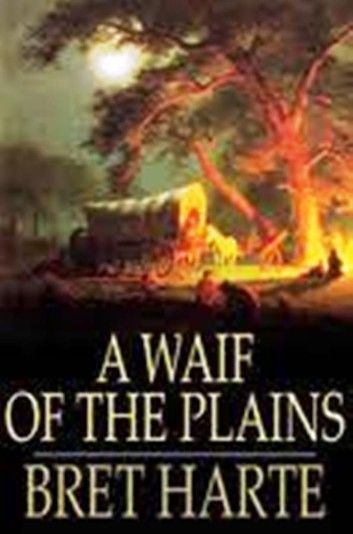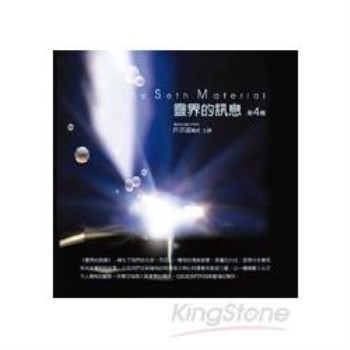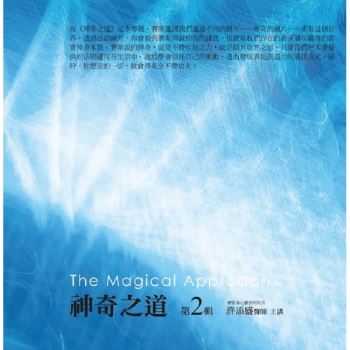| FindBook |
有 1 項符合
A Waif of the Plains的圖書 |
 |
A Waif of the Plains 作者:Bret Harte 出版社:WDS Publishing 出版日期:2013-11-21 語言:英文 |
| 圖書館借閱 |
| 國家圖書館 | 全國圖書書目資訊網 | 國立公共資訊圖書館 | 電子書服務平台 | MetaCat 跨館整合查詢 |
| 臺北市立圖書館 | 新北市立圖書館 | 基隆市公共圖書館 | 桃園市立圖書館 | 新竹縣公共圖書館 |
| 苗栗縣立圖書館 | 臺中市立圖書館 | 彰化縣公共圖書館 | 南投縣文化局 | 雲林縣公共圖書館 |
| 嘉義縣圖書館 | 臺南市立圖書館 | 高雄市立圖書館 | 屏東縣公共圖書館 | 宜蘭縣公共圖書館 |
| 花蓮縣文化局 | 臺東縣文化處 |
|
|
A long level of dull gray that further away became a faint blue, with here and there darker patches that looked like water. At times an open space, blackened and burnt in an irregular circle, with a shred of newspaper, an old rag, or broken tin can lying in the ashes. Beyond these always a low dark line that seemed to sink into the ground at night, and rose again in the morning with the first light, but never otherwise changed its height and distance. A sense of always moving with some indefinite purpose, but of always returning at night to the same place—with the same surroundings, the same people, the same bedclothes, and the same awful black canopy dropped down from above. A chalky taste of dust on the mouth and lips, a gritty sense of earth on the fingers, and an all-pervading heat and smell of cattle.
This was "The Great Plains" as they seemed to two children from the hooded depth of an emigrant wagon, above the swaying heads of toiling oxen, in the summer of 1852.
It had appeared so to them for two weeks, always the same and always without the least sense to them of wonder or monotony. When they viewed it from the road, walking beside the wagon, there was only the team itself added to the unvarying picture. One of the wagons bore on its canvas hood the inscription, in large black letters, "Off to California!" on the other "Root, Hog, or Die," but neither of them awoke in the minds of the children the faintest idea of playfulness or jocularity. Perhaps it was difficult to connect the serious men, who occasionally walked beside them and seemed to grow more taciturn and depressed as the day wore on, with this past effusive pleasantry.
|











